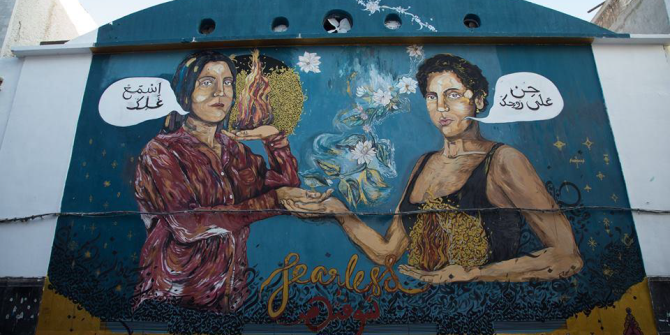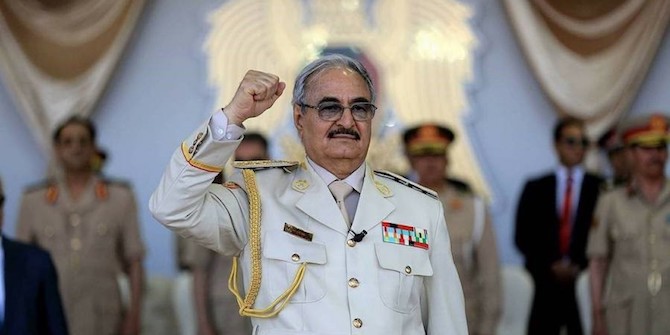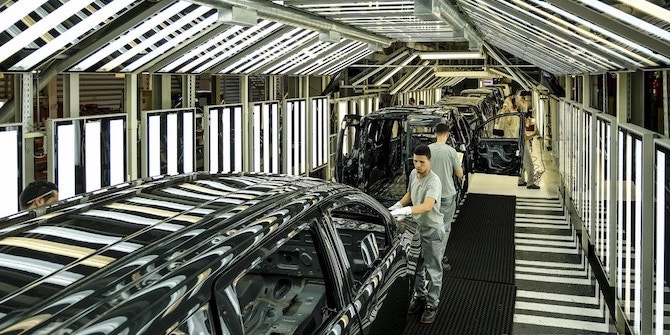By Silvia Quattrini and Bochra Triki

Note: some links direct to articles or videos in Arabic or French rather than English as primary source of information.
Tunisia is considered by many commentators as an exception in what is known as the Middle East and North Africa region, because of its successful revolution and democratic transition, as well as its progress in terms of legislative reforms concerning women’s rights. However, even before the 2011 revolution, Tunisia was the first Arab country to abolish polygamy in 1956 through the Code of Personal Status. This document also eliminated the husband’s right to repudiate his wife and allowed women to file for divorce on the same basis as men. Also, Tunisia legalised abortion in 1965 before several European countries. After the revolution, a few laws hindering full gender equality were still in place, but considerable change in legislature has been implemented in the past three years. For instance, a law on Violence Against Women (VAW) was introduced in July 2017, which adopted a broader definition of VAW, including not only physical, but also economic, sexual, political and psychological violence. In 2018, the decree prohibiting Muslim women to marry non-Muslim men was lifted, and the law allowing rapists to escape punishment by marrying their victim was removed.
Nevertheless, VAW is widespread and undocumented for fear of reprisal. While special units were created to deal with cases of violence against women, officers are not always effective, as they are under-staffed and work with fewer resources. In addition, we found, particularly during an earlier project of touring the regions to women’s shelters, dorms and prisons, that the vast majority of vulnerable women do not have access to information about their rights. Some had vaguely heard of the full law, but almost none knew what it means in practice if they face violence. In addition, some women do not always consider domestic violence as violence, but more as a normalised aspect of their relationship. Inequality in inheritance was also addressed: in October 2018, a draft law was presented to the parliament to create a Code of Individual Rights and Liberties, inspired by a report by the Individual Freedoms and Equality Committee (Commission des libertés individuelles et de l’égalité, COLIBE) released in June.
Despite all these steps forward, we argue that everything that goes beyond what could be identified as “normative sexuality” still faces strong social pressure in Tunisia. This pressure does not affect only LGBT+ individuals, but anyone who decides to live their sexuality in a way that does not conform with the majoritarian view of what is socially expected. This includes heterosexual couples having sex before marriage, unmarried women, as well as women living by themselves regardless of their age. The pressure is exemplified by cases such as the heterosexual couple imprisoned for three months in 2017 for kissing in public or in the tragic incident of a young man who died in 2016 while escaping from his girlfriend’s house because he was caught by her neighbours.
When it comes to non-heterosexual practices, not only are they publicly criticised and stigmatised, but also criminalised as in most countries of the region. Article 230 of the Tunisian Criminal Code, which was introduced by France during the colonial period, criminalises both male and female homosexuality with a jail sentence of up to three years. This article goes against principles enshrined in the 2014 Constitution, such as equality without discrimination and individual freedom (article 21), physical integrity (article 23) and right to privacy (article 24). Additionally, as a result of article 230 of the Criminal Code, gay men in particular are often forced to undergo forensic anal examinations as a way of “verifying” their homosexuality. This practice was condemned by UN Committee Against Torture in 2016. Also, transgender people are often arbitrarily arrested or undergo abusive police controls that lead to prosecution under articles 226a (“public outrage against modesty”), 228 (“molestation”) and 231 (“prostitution”) of the Criminal Code.
Social stigma against LGBT+ is widespread and allowed in public arenas. When homosexuality is discussed on TV, it is often labelled as a disease affecting lost youth who were rejected or abandoned by their families. LGBT+ individuals are then put in conversation with Imams, some of whom have incited to kill LGBT+ people on social media. For instance, on 9 March 2019, singer Mona Al-Gharby George was publicly humiliated for her gender identity during her intervention on Tunisian Attessia TV because she did not conform to social expectations of femininity. In 2016, some shops and taxi drivers led a campaign to prevent LGBTI+ people from accessing services. Such incitements to hatred have not been prosecuted by the authorities.
At present, there are several active Tunisian organisations advocating for women and LGBT rights, with the Tunisian Association of Democratic Women (Association Tunisienne des Femmes Democrates, ATFD) being the oldest one to focus on the former, while some younger civil society organisations focus on the latter. Chouf (which translates to “look”) emerges as the only one combining both struggles since 2013, with its blend of intersectional feminism and LGBT+ rights advocacy. This organisation was born from the need to focus on women’s bodily autonomy and sexual rights, as well as the need to raise a feminist movement from within the LGBTQI community in order to empower women with non-normative sexualities and identities.
Chouf has put in place several mechanisms to carry out its work in an often hostile environment with its main three axes being: artivism, community empowerment, and advocacy. A pressing need that Chouf identified while carrying out its activities has been to make the public space more accessible to women. The street not only represents a place where women face constant verbal, psychological and physical abuse (an issue tackled in this video campaign from 2016), but it is also a space mostly dominated by men. This increases the fear that such forms of abuse could happen at any point in time, and makes women feel like they should avoid certain places. Such fears are also felt by those who present themselves in non-conformative ways. Chouf tackles this issue through artistic expressions, allowing women, including lesbians, bisexuals, as well as trans individuals, to occupy public space in a non-violent, collective and collaborative way.
Silvia Quattrini is the Middle East and North Africa Programmes Coordinator for Minority Rights Group International and a professional translator. Silvia has been a member of the organising team of Chouftouhonna, the International Feminist Art Festival of Tunis, since 2016. She tweets at @SilviaPaddy
Bochra Triki is President of Chouf, a feminist and LBTQI+ organisation and is Co-founder of Choufthounna, the International Feminist Art Festival of Tunis. Bochra tweets at @BochraTriki
In this series:
- Sexualities and LGBT Activism in the Middle East and North Africa by Polly Withers
- Rethinking Transnational Solidarities by Nof Nasser Eddin and Nour Abu-Assab
- A Reproductive Justice Framework for Queer Liberation: Perspective from Lebanon by Roula Seghaier
- Why do Gender and Sexuality Come Up so Often When we Discuss Immigration? by Mehammed Amadeus Mack







1 Comments